What treatment
10+ Highly Rated Stem Cell Therapy Clinics in United States
Choose from List of 10+ Recommended Clinics for Your Stem Cell Therapy Needs in United States
Regenestem Fort Lauderdale, USA
Overview
Regenestem is a leading regenerative medicine center in Fort Lauderdale, USA, specializing in treatments for neurological conditions, COPD, MS, and more.
Read more details
California Wellness Institute
Overview
Discover Urology and Anti Aging Regenerative Medicine at California Wellness Institute in Rancho Mirage, California, USA - CWIs expert care.
Read more details
Personalized Regenerative Medicine
Overview
Personalized Regenerative Medicine provides best Regenerative Medicine in Los Angeles, USA. Book online now PRP Treatment and Regenerative Injections at Personalized Regenerative Medicine.
Read more detailsBlatman Health and Wellness Center
Overview
Experience advanced Regenerative Medicine at Blatman Health and Wellness Center in Cincinnati, USA. Rejuvenate your health today!
Read more detailsDiscover your treatment options with a free, no-obligation quote!
Get your quote now!Michigan Center for Regenerative Medicine
Overview
The Michigan Center for Regenerative Medicine specializes in regenerative treatments for orthopedic issues of the joints and spine. We specialize in nonsurgical orthopedics to relieve pain and improve function.
Read more detailsThe Institute of Regenerative Medicine
Overview
The Institute of Regenerative Medicine provides best Regenerative Medicine in Boca Raton, Florida. Book online now Regenerative Medicine for Knee Joint, Shoulder, Hip at PlacidWay!
Read more detailsVictor Regenerative Medicine Centers
Overview
Victor Regenerative Medicine Centers Dr. Steven Victor is located in New York, USA. The highly skilled medical team offers regenerative medicine therapies and aesthetic services to patients around the globe at affordable costs.
Read more detailsAmira Integrative Health by MJA Healthcare
Overview
Amira Integrative Health by MJA Healthcare in East Stroudsburg, PA, United States offers top regenerative therapies and holistic care for transformative health.
Read more detailsDiscover your treatment options with a free, no-obligation quote!
Get your quote now!Invictus Healthcare System
Overview
Invictus Healthcare System, located in Tulsa, Oklahoma, U.S., is a renowned Regenerative Medicine clinic which aims to offer exceptional and timely healthcare options promoting rapid recovery.
Read more detailsNew York Regenerative Medicine Center
Overview
New York Regenerative Medicine Center, located in New York City, USA, offers Stem Cell Therapy for a variety of procedures, from knee and hip problems to Muscular Dystrophy, Parkinson's and Lupus.
Read more detailsScheinberg Orthopedic Group
Overview
Scheinberg Orthopedic Group provides best Regenerative Medicine in Santa Barbara, United States. Book online now Adult Stem Cell, Stem Cell for Knee, and Shoulder at Scheinberg Orthopedic Group.
Read more detailsThrive MD
Overview
Thrive MD provides best Regenerative Medicine in Miami, Florida. Book online now Regenerative Medicine for Hip, Regenerative Medicine for Knee, and Regenerative Medicine for Shoulder at Thrive MD.
Read more detailsIntegrative Sports Medicine
Integrative Sports Medicine are specialists in modern medicine for sports injuries. They use the benefits of regenerative therapy and medicines to provide maximum benefits to the patients. Also, get the best of stem cell therapy at Integrative Sports medicine in Fort Collins, United States.
Intellicell Biosciences, Inc
Intellicell™ Biosciences, Inc. is an emerging leader in regenerative medicine using adipose (fat) derived stromal vascular fraction containing adult stem cells offering stem cell treatment for Anti Aging, Scar Removal, Cartilage Repair, Arthritis, Osteoarthritis and many other Chronic Diseases.
PlacidWay Hospital: Advanced Medical Care in United States
Discover PlacidWay Hospital in the United States, offering advanced medical care, international patient services, and trusted healthcare solutions.123
Regenestem Plantation Florida
Regenestem Plantation Florida is a leading stem cell treatment center in the United States. They aim to deliver comprehensive solutions for several ailments such as Arthritis, Autism, COPD, Diabetes, Multiple Sclerosis, Erectile Dysfunction and Orthopedic conditions among others.
Somata Genesis
Somata Genesis in Boise, Idaho is famous for offering immunotherapeutic procedures and stem cell therapies for treating various conditions like spinal injuries, neurological diseases, diabetes, co morbid disorders and blood cancer.
Stem Cell Therapy of Las Vegas and Med Spa
Stem Cell Therapy of Las Vegas and Med Spa is a stem cell treatment medical center located in Las Vegas, Nevada, United States. They provide the latest technological solutions when it comes to stem cell treatments and extend their helping hand to all those in need. Find out more about them here.
Stemedix, Inc
Stemedix, Inc provides effective Regenerative Medicine, known as Stem Cell Therapy in Saint Petersburg, Florida. Book online now Stem Cell Treatment for ALS, Stem Cell Treatment for Alzheimer's Disease, and Stem Cell Treatment for Multiple Sclerosis at Stemedix, Inc.
The NICE Clinic LV
The NIC Clinic in Las Vegas is a renowned center that helps body with new, healthy cell material to facilitate the regeneration of damaged cells. The experts at the center are committed to the care and improvement of human life.
How do I choose a Stem Cell Therapy Clinic in the United States?
Choosing the right stem cell clinic in the U.S. involves verifying their credentials, understanding the type of stem cells used, and reviewing their treatment protocols. Focus on clinics that are transparent about their procedures, physician qualifications, and patient outcomes. Ensure they adhere to FDA guidelines and can provide clear information on their cell sourcing and processing methods.
When you're looking for a reputable clinic, it's crucial to do your homework. Start by confirming the qualifications and experience of the medical staff. Are the physicians board-certified in a relevant specialty? How long have they been performing regenerative medicine procedures? A trustworthy clinic will be open about their team's credentials.
Next, ask specific questions about the stem cells they use:
- Source: Are the cells from bone marrow, adipose (fat) tissue, or donated umbilical cord tissue (allogeneic)? Each source has different properties and potential applications.
- Processing: How are the cells processed? The clinic should follow strict, sterile laboratory standards to ensure the cells are viable and free from contamination.
- Transparency: A good clinic will provide detailed documentation on their cell sourcing and lab practices. Be wary of any facility that is vague about where their cells come from or how they are handled.
Finally, look for clinics that offer personalized treatment plans rather than a one-size-fits-all approach. They should conduct a thorough medical evaluation to determine if you are a suitable candidate and set realistic expectations about potential outcomes.
What credentials should a stem cell clinic have?
A reputable stem cell clinic should be staffed by board-certified physicians with specific training in regenerative medicine. The facility itself should operate under strict safety and ethical standards, often indicated by accreditations from healthcare organizations. Look for clinics that are transparent about their lab's compliance with Current Good Manufacturing Practice (cGMP) standards.
When evaluating a clinic's credentials, the qualifications of the medical team are paramount. The doctors administering the therapy should not only be licensed but also have specialized training and a deep understanding of cell biology and regenerative procedures. Don't hesitate to ask about their specific experience with your condition.
The facility's standards are just as important. A credible clinic will have a state-of-the-art laboratory for processing cells. This lab should adhere to stringent protocols to ensure the safety, purity, and viability of the stem cells. Ask if their lab is CLIA-certified (Clinical Laboratory Improvement Amendments) or follows similar quality control measures.
Also, consider the clinic's research involvement and affiliations. Clinics that participate in clinical trials or are associated with academic institutions often demonstrate a commitment to advancing the field responsibly and staying current with the latest scientific evidence.
Are stem cell clinics in the US regulated by the FDA?
Yes, stem cell therapies and the clinics offering them in the United States are regulated by the Food and Drug Administration (FDA). The FDA has specific guidelines determining whether a stem cell product requires premarket approval. Clinics must comply with these regulations, particularly concerning how cells are processed and whether they are used for their original function (homologous use).
The FDA's regulatory framework is designed to protect patient safety. A key distinction the FDA makes is between procedures that involve minimal manipulation of cells and those that involve more significant processing. For example, using a patient's own stem cells that are only minimally processed and re-injected during the same procedure is generally viewed differently than using cells that have been extensively grown or altered in a lab.
Clinics offering treatments that fall outside of these established guidelines may be operating illegally or offering unproven therapies. It's essential to ask a clinic how their specific procedures align with current FDA regulations. A reputable clinic will be able to explain their compliance status clearly and honestly. Be cautious of clinics making broad, unsubstantiated claims about curing diseases, as this is a major red flag.
What kind of stem cells do clinics in the US use?
Clinics in the U.S. primarily use adult mesenchymal stem cells (MSCs) sourced from the patient's own body (autologous) or from donated umbilical cord tissue (allogeneic). The most common autologous sources are bone marrow and adipose (fat) tissue. Umbilical cord-derived MSCs are popular because they are young, plentiful, and have low immunogenicity, reducing rejection risk.
The type of stem cell used can depend on the condition being treated and the clinic's specific protocols. Here's a quick breakdown of the common types:
- Adipose-Derived Stem Cells: These are harvested from your own fat tissue, typically through a mini-liposuction procedure. They are abundant and easy to collect, making them a popular choice for orthopedic and aesthetic applications.
- Bone Marrow-Derived Stem Cells: These are collected from your hip bone. While the procedure is more invasive than fat harvesting, bone marrow is a rich, traditional source of hematopoietic and mesenchymal stem cells used for various conditions.
- Umbilical Cord Tissue-Derived MSCs: These cells are collected from the Wharton's jelly of donated umbilical cords after healthy births. They are considered "immune privileged," meaning they are unlikely to cause an immune reaction in the recipient.
Ethical clinics in the U.S. do not use embryonic stem cells for clinical treatments due to ethical concerns and regulatory restrictions. When consulting with a clinic, always ask what type of cells they use and why they believe it's the best option for your specific health needs.
How can I verify the success rates of a stem cell clinic?
Verifying a clinic's success rates requires a critical approach. Ask for patient testimonials, case studies, and any published data or participation in clinical trial registries. Be cautious of clinics that guarantee results or claim 100% success. A reputable clinic will provide realistic outcomes based on patient data and be transparent about the fact that results can vary significantly.
When a clinic presents "success rates," dig deeper. Ask them how they define success. Is it a complete cure, a reduction in symptoms, or an improvement in quality of life? The definition can vary wildly. A trustworthy clinic will have a clear, measurable way of tracking patient progress, such as using standardized pain scales, functional tests, or imaging before and after treatment.
Look for objective evidence beyond just testimonials. While patient stories are valuable, they are subjective. Ask if the clinic has a patient registry or if they have published their findings in peer-reviewed medical journals. This demonstrates a commitment to transparency and contributing to the broader scientific community. Be wary of clinics that rely solely on anecdotal evidence or refuse to provide any data to back up their claims.
Do stem cell clinics in the US accept insurance?
Currently, most stem cell therapies for orthopedic or chronic conditions are considered investigational by insurance companies and are not covered. Therefore, most clinics operate on a self-pay basis. However, some related services, like the initial consultation, diagnostic imaging (MRI, X-ray), or physical therapy, may be partially covered depending on your specific insurance plan.
It's always best to check directly with both the clinic and your insurance provider. Some clinics may offer assistance by providing you with the necessary paperwork to submit a claim to your insurer, but you should be prepared for the likelihood that the procedure itself will be an out-of-pocket expense.
There are exceptions. For instance, FDA-approved bone marrow transplants for certain cancers and blood disorders are typically covered by insurance. However, the regenerative therapies offered by most private clinics for conditions like arthritis or autoimmune disorders usually do not fall into this category. Be sure to get a clear breakdown of all costs from the clinic upfront to avoid any surprises.
What is the process for a consultation at a stem cell clinic?
A consultation at a stem cell clinic typically begins with a thorough review of your medical history, including past treatments and diagnostic images like MRIs or X-rays. This is followed by a physical examination and a detailed discussion with a physician to determine if you are a suitable candidate. The goal is to establish a personalized treatment plan and set realistic expectations.
The initial consultation is a critical two-way conversation. It's your opportunity to interview the clinic just as much as they are evaluating you as a potential patient. Come prepared with a list of questions about their procedures, cell sources, physician experience, and potential risks and benefits.
During the evaluation, the medical team will assess your overall health and the specific condition you want to treat. They need to ensure that stem cell therapy is a safe and potentially effective option for you. If you are deemed a good candidate, they will then walk you through the proposed treatment protocol, including the number of sessions required, the type of cells to be used, and the expected recovery process.
How do clinics ensure patient safety during stem cell procedures?
Clinics ensure patient safety by adhering to strict protocols at every step. This includes comprehensive patient screening to confirm candidacy, using sterile techniques for cell harvesting and injection, and processing cells in a clean, controlled lab environment. Reputable clinics also monitor patients during and after the procedure and have emergency protocols in place for adverse reactions.
Safety starts long before the procedure itself. A responsible clinic will conduct a detailed medical evaluation to identify any contraindications that could make the therapy unsafe for you. This includes reviewing your medical history, current medications, and any allergies.
During the procedure, safety is maintained through several key practices:
- Sterile Environment: All procedures, from drawing blood or fat to the final injection, must be performed in a sterile setting to prevent infection.
- Cell Quality Control: Cells must be tested for viability and screened for contamination (like bacteria or viruses) before they are administered to the patient.
- Guided Injections: For many conditions, physicians use imaging guidance, such as ultrasound or fluoroscopy, to ensure the stem cells are delivered precisely to the target area, increasing efficacy and minimizing risk to surrounding tissues.
Post-procedure monitoring is also a critical safety component. The clinic should provide clear aftercare instructions and be available to answer questions or address any concerns that arise during your recovery.
What kind of follow-up care do stem cell clinics provide?
Quality stem cell clinics provide structured follow-up care to monitor your progress and support your recovery. This typically includes a schedule of follow-up appointments (in-person or virtual), communication with the medical team to track symptoms, and often recommendations for supportive therapies like physical therapy or specific nutritional guidelines to enhance the treatment's effectiveness.
Follow-up care is not just a courtesy; it's an essential part of the treatment process. The effects of stem cell therapy can take weeks or even months to become apparent, so ongoing monitoring is crucial to assess the outcome. A good clinic will have a clear timeline for when they will check in with you, often at one, three, six, and twelve-month intervals post-treatment.
This follow-up process allows the clinical team to gather valuable data on your progress, make adjustments to your recovery plan if needed, and answer any questions you may have. It also serves as a key indicator of a clinic's commitment to patient outcomes beyond the initial procedure. Before committing to a clinic, ask them to detail their specific follow-up protocol.
How to compare different stem cell clinics for the same condition?
To compare stem cell clinics effectively, create a checklist focusing on key factors. Compare physician credentials, the type and source of stem cells used, and the specifics of the treatment protocol. Also, evaluate their lab standards, transparency regarding patient outcomes, and the comprehensiveness of their follow-up care. Don't base your decision on a single factor, but on a holistic view.
Start by comparing the core of the treatment itself. Do both clinics use the same type of stem cells (e.g., adipose vs. bone marrow)? Do they use a similar number of cells? How are the cells administered? A simple injection is very different from a more complex, image-guided procedure. These differences can significantly impact potential outcomes.
Next, look at the supporting evidence and transparency of each clinic.
- Data vs. Anecdotes: Does the clinic provide data and case studies, or do they rely only on testimonials?
- Physician Access: Can you speak directly with the physician during the consultation, or are you only speaking with a patient coordinator?
- Regulatory Stance: How do they explain their compliance with FDA guidelines? Their answer can reveal a lot about their professionalism and ethics.
Finally, consider the overall patient experience, including the initial consultation process, the clarity of communication, and the structure of their post-treatment support. A superior clinic will excel in all these areas, not just the medical procedure itself.
How PlacidWay helps individuals access Stem Cell Therapy in United States?
- PlacidWay provides detailed, up-to-date information about Stem Cell Therapy, helping you understand the benefits, potential risks, and realistic outcomes so you can make a confident choice.
- We help you compare treatment packages from various clinics across the United States, ensuring you find affordable options without ever compromising on the quality of care or safety standards.
- PlacidWay connects you with a network of trusted, accredited clinics and board-certified medical professionals who specialize in Stem Cell Therapy, taking the guesswork out of finding a qualified provider.
- We offer personalized, one-on-one consultations to understand your unique health needs and guide you toward the best treatment decision, ensuring you feel supported every step of the way.
- Our commitment to your well-being extends beyond the procedure, as PlacidWay ensures you have access to continued support, including arrangements for follow-up care and recovery assistance.
Ready to get Stem Cell Therapy in United States? Contact us today for a personalized consultation.












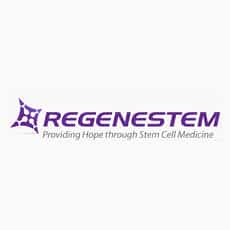
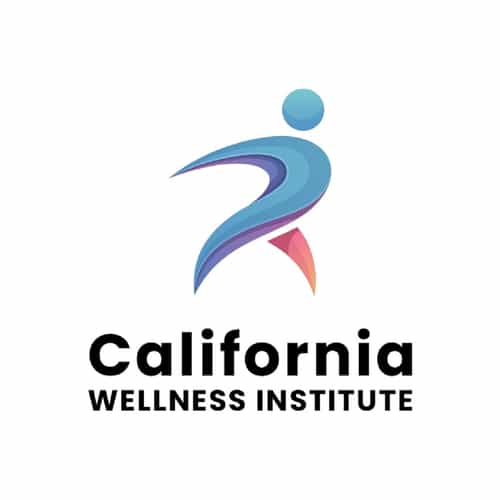

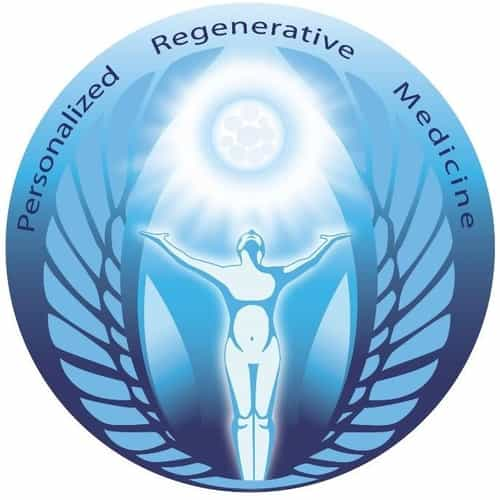
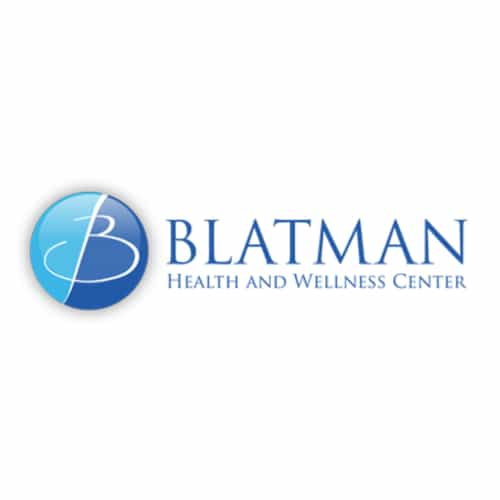
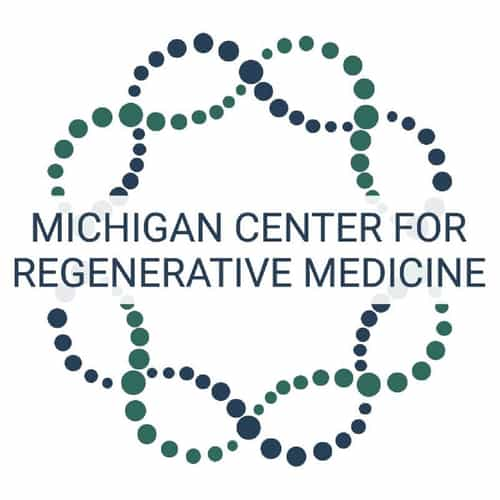
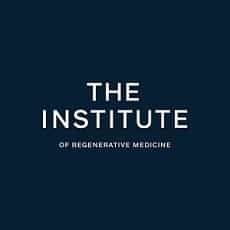
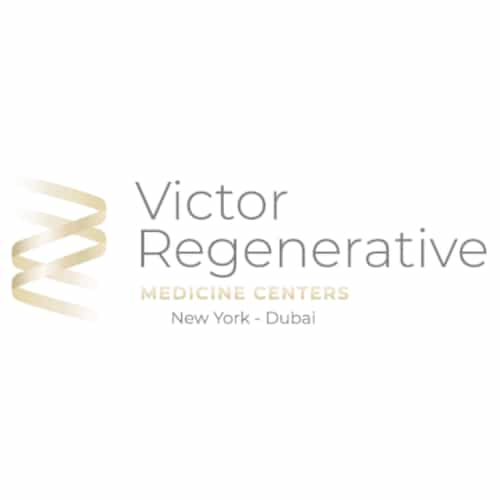
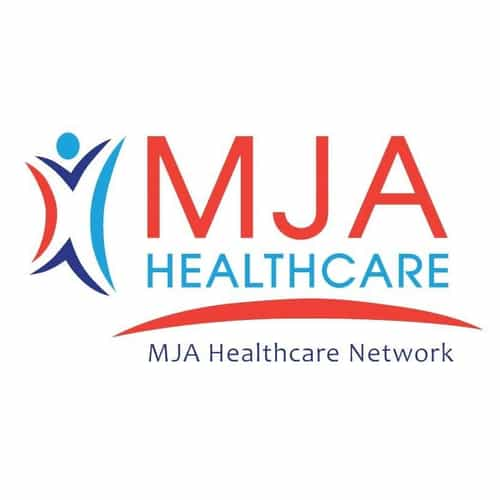
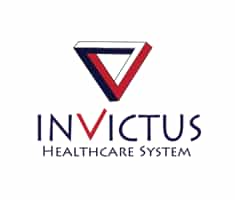


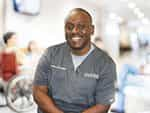
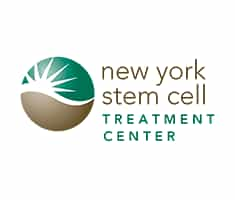
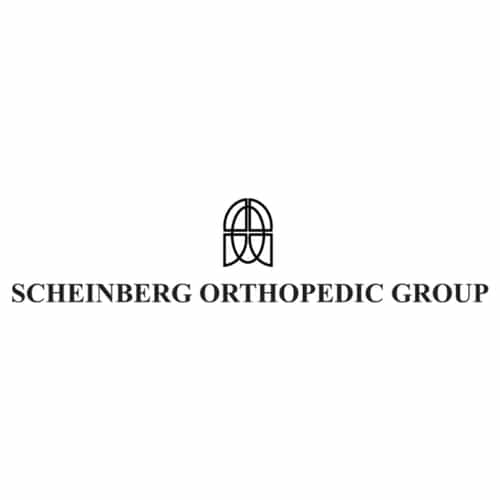
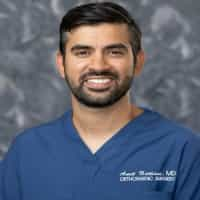
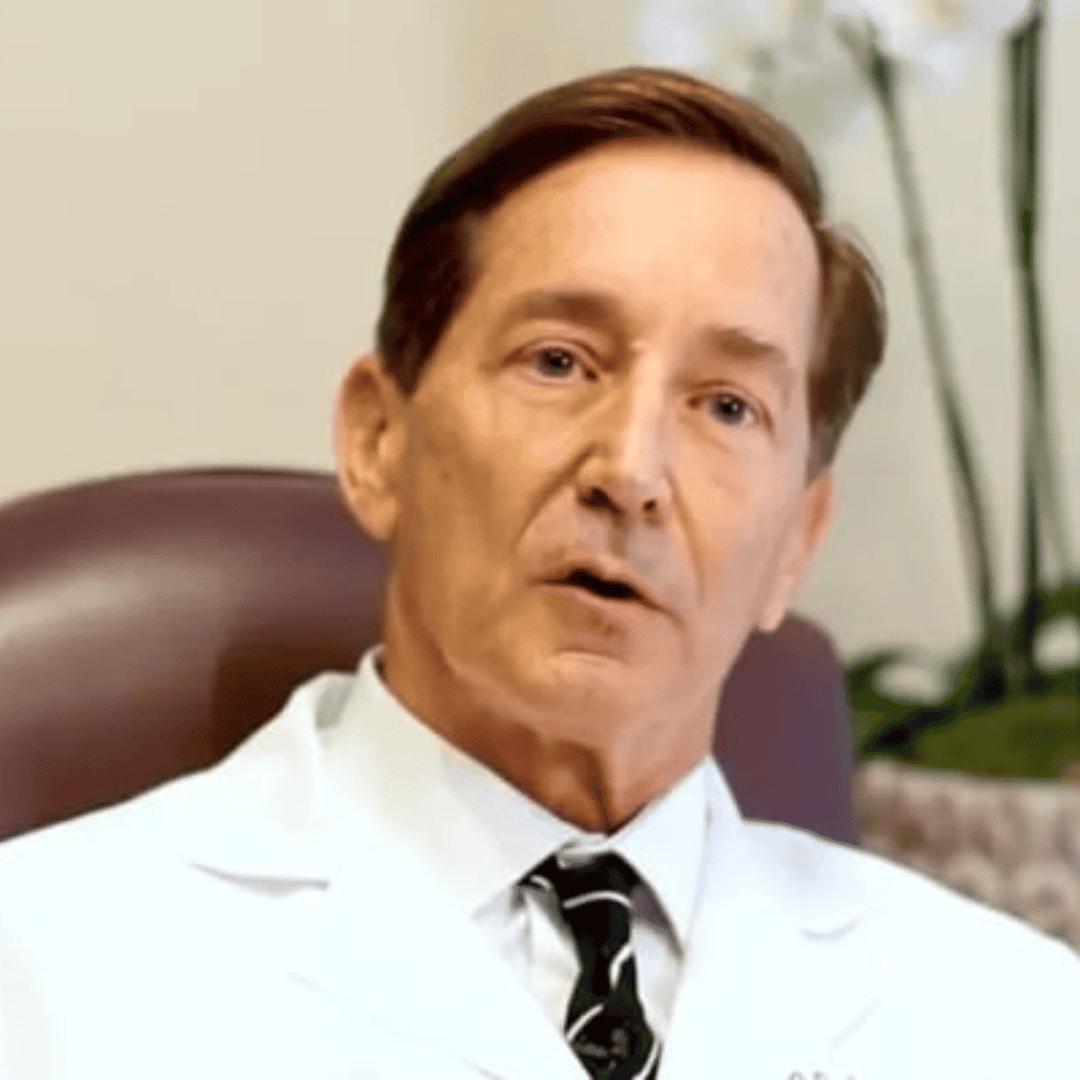
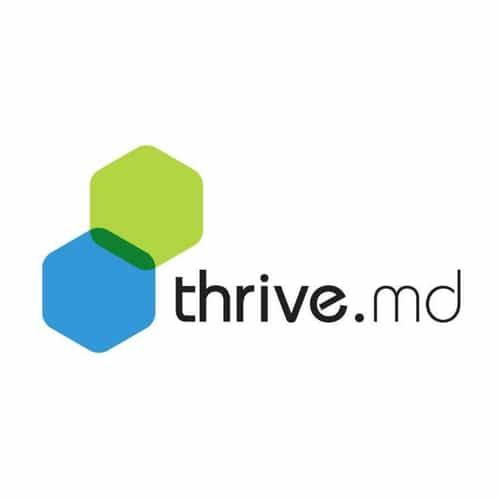
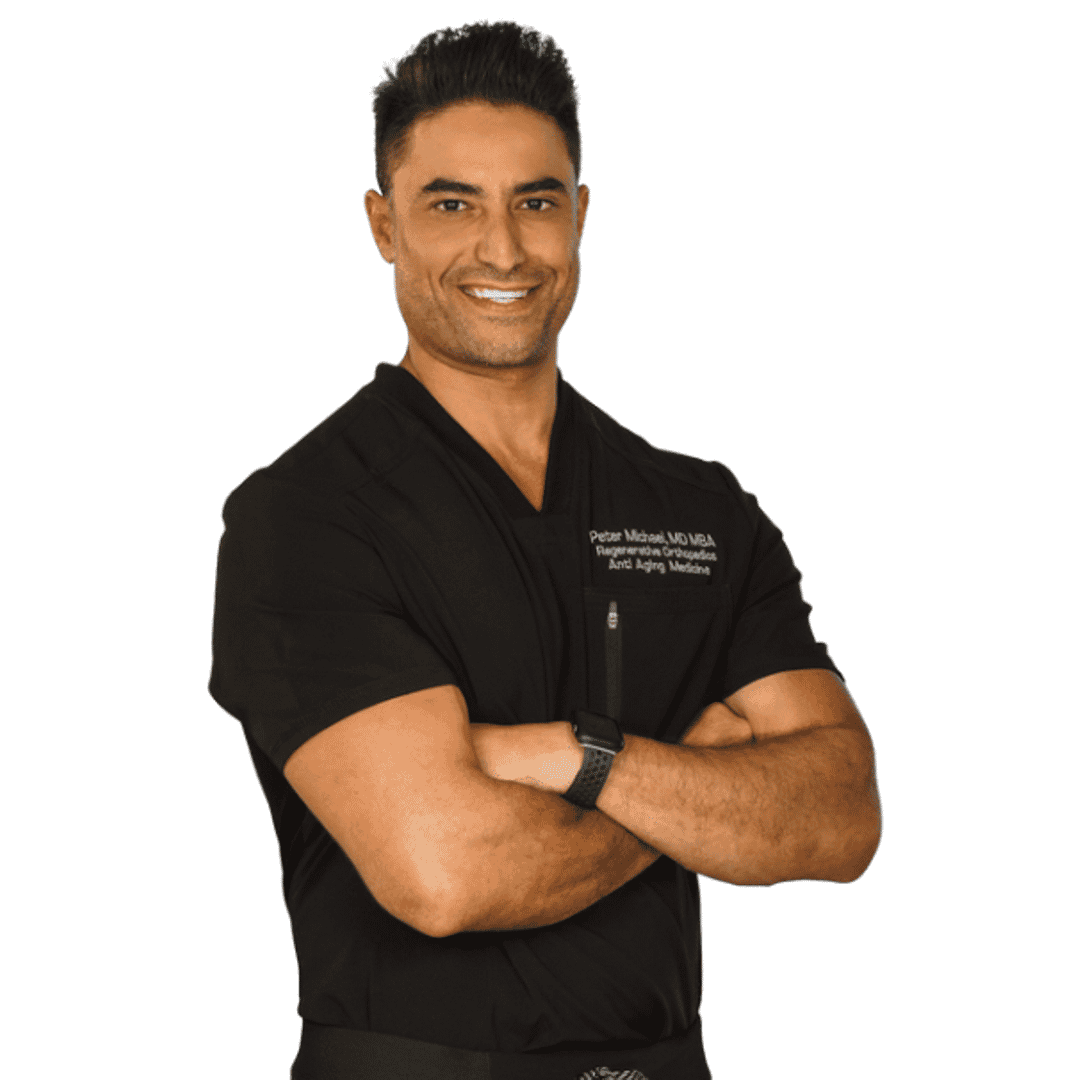


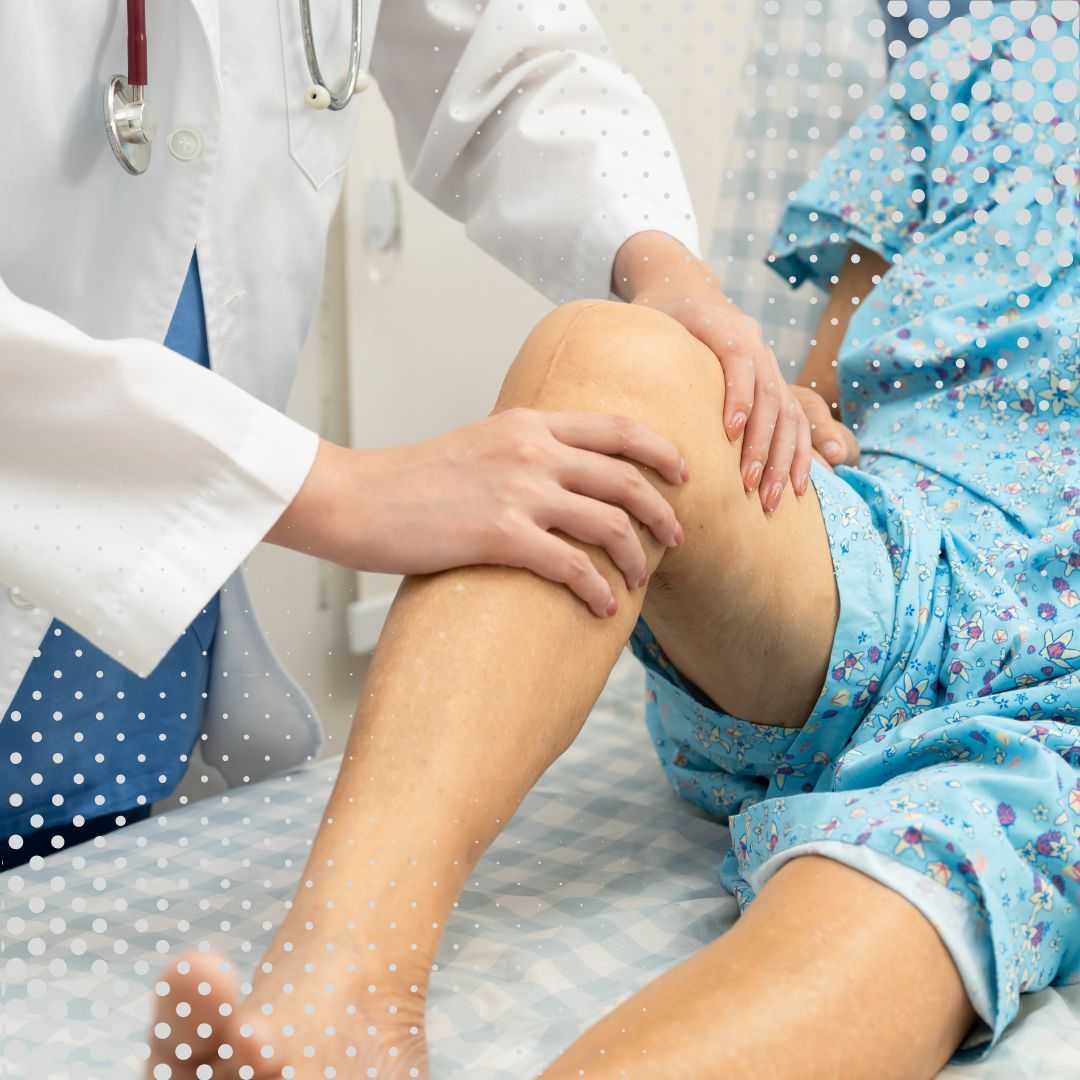

.png)
.png)

.png)

I just visited Regenestem office in Plantation, Florida and did an adipose stem cell procedure, peripheral blood stem cell, Ozone and IV vitamins treatment. It is a very clean safe place with excellent team who takes care of you. Everything was explained and all the questions answered. Dr. Stephen Channey is the best doctor I have ever met, he is very professional, caring and loving person. He does care about the patient and outcomes of the procedure. He knows what he is doing 100% and makes you feel at ease during the procedure. He answered all the questions during and after treatment and he has a great sense of humor so he makes you laugh! I would definitely recommend Regenestem to my friends and family. You will be in good hands! Ricardo and his team are the best!
Read More